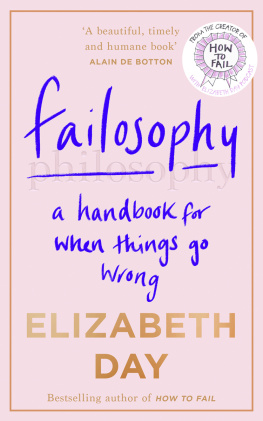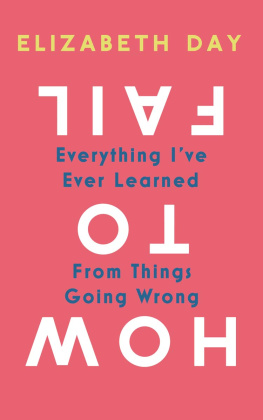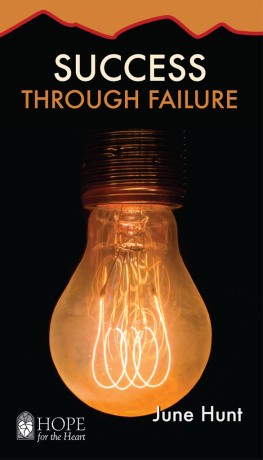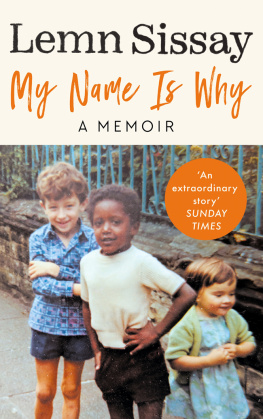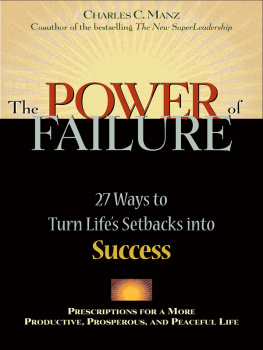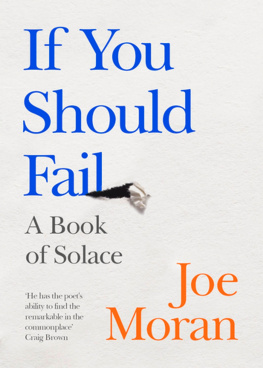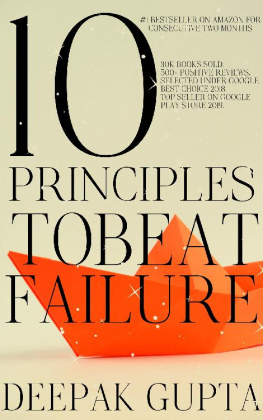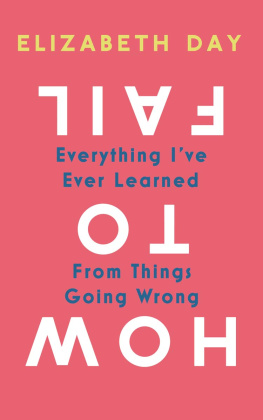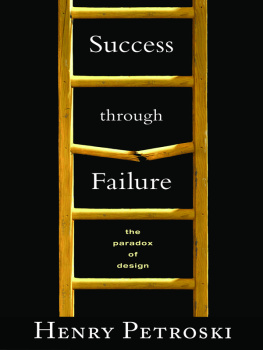4th Estate
An imprint of HarperCollinsPublishers
1 London Bridge Street
London SE1 9GF
www.4thEstate.co.uk
This eBook first published in Great Britain by 4th Estate in 2020
Copyright Elizabeth Day 2020
Illustrations Paul Blow
Cover design by Jo Thomson
Elizabeth Day asserts the moral right to be identified as the author of this work
A catalogue record for this book is available from the British Library
All rights reserved under International and Pan-American Copyright Conventions. By payment of the required fees, you have been granted the non-exclusive, non-transferable right to access and read the text of this e-book on-screen. No part of this text may be reproduced, transmitted, down-loaded, decompiled, reverse engineered, or stored in or introduced into any information storage and retrieval system, in any form or by any means, whether electronic or mechanical, now known or hereinafter invented, without the express written permission of HarperCollins.
Source ISBN: 9780008420383
Ebook Edition October 2020 ISBN: 9780008420390
Version: 2020-08-26
For Justin, who never fails me
Every day since 13 July 2018, I have thought about failure. My own and other peoples. The failures that define us and the ones that seem stupid in hindsight. Everything from failed marriages to failed driving tests.
I can name the date so precisely because that is the day on which I launched a podcast called How To Fail. In fact, it was called How To Fail With Elizabeth Day because with near-perfect comic timing, I had failed to name it properly, having earlier failed to do my research, which would have uncovered another podcast already in existence called almost the same thing.
Blissfully unaware of this fact, I drew my logo with felt-tip pens one night, tracing around the bottom of my favourite mug to draw a rosette badge. I wrote the title in my own handwriting, haphazardly colouring it in with pink highlighter. I sold the wedding dress from my failed marriage on eBay to fund the first few episodes. At first, it failed to attract any bids so I slashed the price and then, when someone bought it, I wrapped it up in a bulky package and took it to the post office feeling a sense of release as I did so. My marriage might have failed, but at least one good thing had come out of it.
Having failed to find an original name, failed to get the desired price for the wedding dress and failed to hire a graphic designer to produce a more professional logo, I was all set for the failure of the podcast itself. I didnt expect How To Fail With Elizabeth Day, or the subsequent memoir that came out of it, to be the most successful thing I have ever done, but thats how it turned out.
Never let it be said that the universe doesnt have a sense of irony.
At the time of writing, the podcast has been going for 18 months and is well into its seventh season. It has attracted many millions of downloads despite, or perhaps because of, its relatively simple concept. Each week, I ask my guest to come up with three failures in advance of the recording. These can be sublime or ridiculous; profound or superficial. The only criteria are that the guest must feel comfortable talking about the subjects theyve chosen, and that they are able to reflect on what they have learned from them.
The idea is to make listeners who are scared of failure in their own lives feel less alone, and also to reassure them that there might be hope on the other side. It was based on the premise that learning how we fail actually means learning how to succeed better. Most failures can teach us something meaningful about ourselves if we choose to listen and, besides, success tastes all the sweeter if youve fought for it.
The people Ive spoken to have told me about their family dysfunction, their mental health issues and the grief they have grappled with after profound loss a son who died during a routine operation at the age of 21; a baby lost to miscarriage; 10 years lost to the grip of heroin addiction. I, too, have examined my own failures both professional and personal, failures of faith and intimacy, and sometimes just a failure of self-belief that repeated itself on what seemed like an automatic spin cycle until the world shuddered to a halt and I was confronted with who I actually was as opposed to the blameless, pleasant, undemanding projection of the perfect person Id tried so hard to be.
Alongside this, I have thought about the failure of my marriage; my failure to have children; my failure to realise that a desire to people-please was making me desperately unhappy; my failure to resolve things with an ex-boyfriend who was killed six months after we broke up; my failure to express my own anger, instead masking it with a more socially acceptable sadness; and my failure to remove myself from toxic relationships until it was a question of survival.
All these failures have been an integral part of my life. All these failures have been part of my growth. Life is texture. Experiencing all facets of existence the good and the bad enables us to appreciate them fully. I feel lucky in my current relationship not only because I have met a wonderful person, but also because I have so much experience of dysfunctional relationships with not-so-wonderful people to compare it to.
The darker the night, Dostoyevsky wrote, the brighter the stars.
Being at peace with failure means I have very few regrets. Each time something has gone wrong, it has led me to where I am meant to be, which is right here, right now, writing this introduction. I firmly cling to the belief that the universe is unfolding exactly as is intended and that although we, as imperfect humans, cant hope to understand it all at the time, life will generally teach us the lessons we need to learn if we are open to the possibility.
Some people might think that sounds a bit woo-woo. I call it faith. It doesnt have to be faith in a particular god or an organised religion. It can be faith for its own sake: the decision to believe that things will be OK; that this too shall pass.
I have thought about more trivial failures, too. The notable and mortifying occasion, as a seven-year-old on the way to the zoo, that my knickers slipped onto the pavement underneath my skirt because of their loose elastic. There was the first date I went on with my now-boyfriend where, introductions done, I sat down, removed my coat and promptly fell off my chair in full view of everyone in the trendy open-plan bar.
Then theres my failure to understand Excel spreadsheets or make PowerPoint presentations. My failure to comprehend tax or the American voting system or the offside rule no matter how many times someone explains it. My failure to have read War and Peace and my repeated failure to find nature documentaries as interesting as everyone else does. My failure to like spicy food or to be able to dive into a swimming pool, despite every single one of my exes insisting they would be the one to teach me to do both.
I understand that thinking about failure this much makes me something of an oddball. Many people try not to dwell on the times in their life when things went wrong or when they made avoidable mistakes or the universe dealt them a really rubbish hand. The second half of the twentieth century saw the rise of the positive psychology movement, prompted by the publication in 1952 of Norman Vincent Peales

